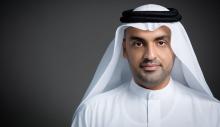FB Roundup: Crown Resorts, Marriott International, Grosvenor Estate
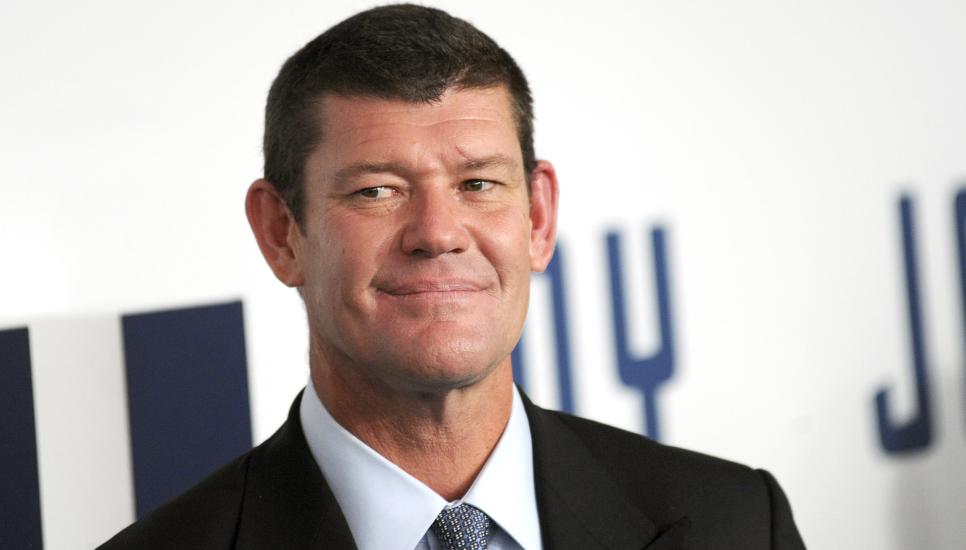
James Packer’s Crown Resorts considers $6.2 billion Blackstone bid
Crown Resorts, Australia’s largest casino operator and majority owned by billionaire heir James Packer, is mulling an acquisition offer of $6.2 billion from US private equity giant Blackstone.
The Melbourne-based Crown confirmed this week it received an unsolicited, non-binding and indicative proposal to acquire all its shares at an indicative price of A$11.85 ($9.04) per share. Blackstone already held a 9.99% stake in Crown which it acquired from Melco Resorts and Entertainment for $8.15 per share in April 2020.
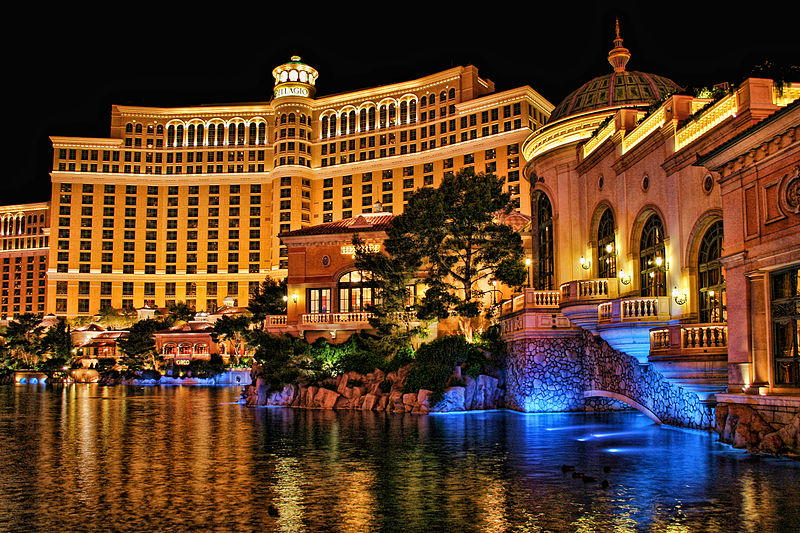
The New York-based group, with $619 billion worth of assets under management, bought the Bellagio casino resort in Las Vegas (pictured) for $4.25 billion in 2019. In January 2020, Blackstone entered a $4.6 billion joint venture to bring into its fold two additional MGM Resorts International properties on the Strip, MGM Grand and Mandalay Bay.
The non-family Crown board said it had “not yet formed a view on the merits of the proposal”. The four directors were starting their assessment with the involvement of stakeholders, regulators and legal and financial advisers. The board said it did not need to take any action regarding the bid and there was no certainty a deal would be made. Share prices rocketed 21% on the day of Crown’s Blackstone announcement.
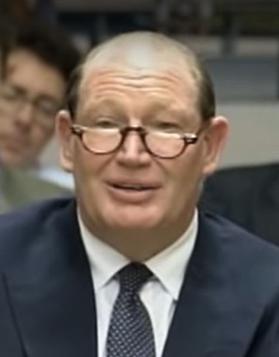
James Packer (pictured above), 53, is the largest shareholder, at 36%, in Crown, but stepped down for its board and resigned from the board of his family company, Consolidated Press Holdings, in 2018, to recover from mental health issues. Packer reportedly indicated this week he will follow the Crown board’s decision on the Blackstone proposal.
Packer is worth $3.5 billion, according to Forbes. With his elder sister, investor and philanthropist Gretel Packer, 55, he is the only son of the late Australian media mogul Kerry Packer (pictured left). He is the grandson of the late Sir Frank Packer (pictured below), who founded Australian Consolidated Press in 1936, long since absorbed by other media companies.
James Packer may welcome a lucrative exit from Crown Resorts. Australian regulators ruled in February the operator was not fit to hold a gaming licence in Sydney, citing money laundering and organised crime links. Five directors resigned from the Crown board. The states of Victoria and Western Australia will open their own inquiries into Crown in the coming months.
.jpg) Due to Australia’s Covid-19 restrictions, in March 2020, Crown was directed to close for an extended period its gaming activities and a significant part of its non-gaming operations at its integrated Crown Melbourne and Crown Perth resorts for the first time in the company’s history. The temporary closures were reflected in its dire 2020 finances, with an 80% plunge in net profits to $79.5 million ($60.6 million) from a profit of A$401.8 million ($306.4 million) a year earlier.
Due to Australia’s Covid-19 restrictions, in March 2020, Crown was directed to close for an extended period its gaming activities and a significant part of its non-gaming operations at its integrated Crown Melbourne and Crown Perth resorts for the first time in the company’s history. The temporary closures were reflected in its dire 2020 finances, with an 80% plunge in net profits to $79.5 million ($60.6 million) from a profit of A$401.8 million ($306.4 million) a year earlier.
In addition to its Melbourne and Perth resorts, Crown developments include the Crown Sydney Hotel Resort and the One Queensbridge site in Melbourne. Crown owns and operates Crown Aspinalls in London and holds a 50% equity interest in the UK-based casino-operating Aspers Group, co-created with the multi-millionaire Aspinall family.
Crown owns a 20% interest in the restaurant and hotel chain Nobu. It has interests in digital businesses, including the wholly owned Betfair Australasia, an 85% stake in DGN Games and 50% stake in Chill Gaming.
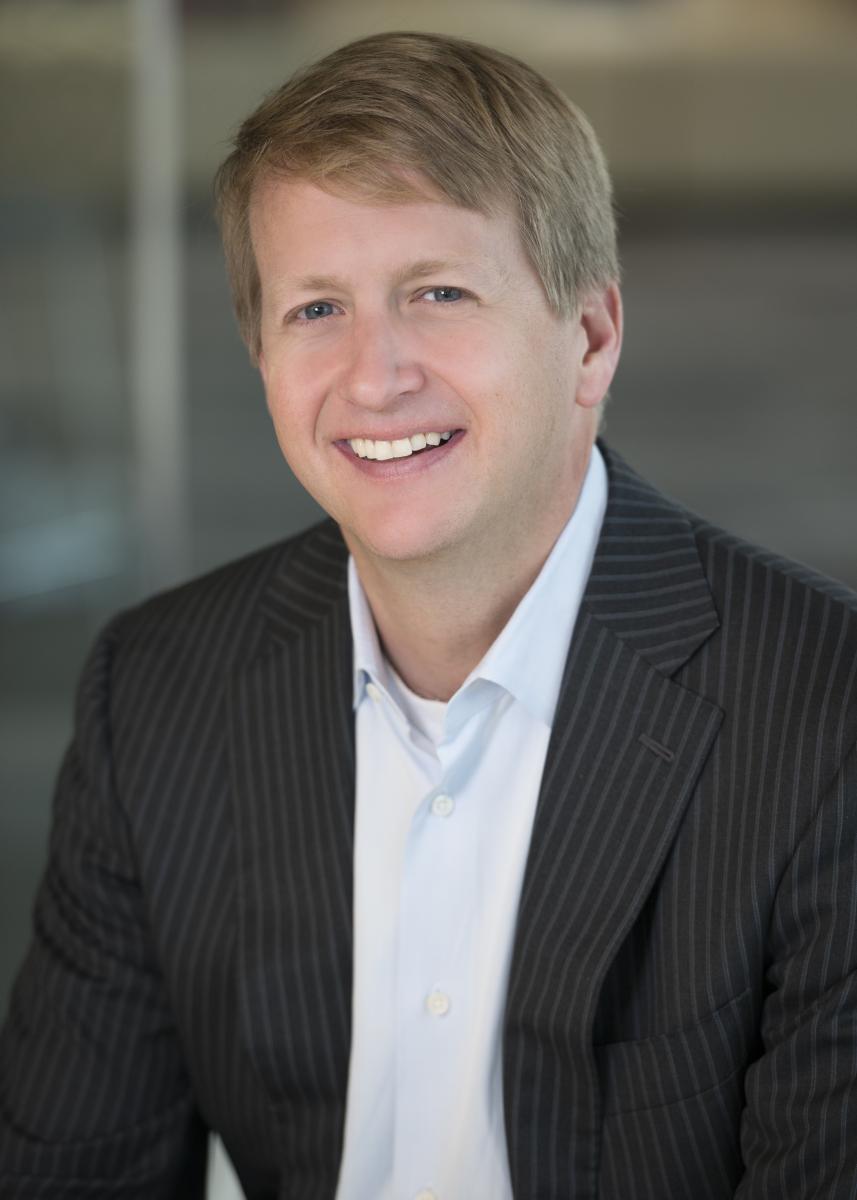 Next-gen hotel heir David Marriott to succeed father Bill Marriott
Next-gen hotel heir David Marriott to succeed father Bill Marriott
US hotel heir David Marriott has been elected as a director on the board of Marriott International in anticipation of succeeding his father as chairman in 2022.
Marriott (pictured left), 47, president of the company’s US full-service hotel division, is the son of JW “Bill” Marriott Jr (pictured below), 89, and grandson of late founder J Willard Marriott.
The election of Marriott and Horacio Rozanski, 53, president and chief executive at consultancy Booz Allen Hamilton, swelled the board’s membership to 13, nine of whom are independent.
After consultation, the company announced in May 2020 that Bill Marriott planned to transition from serving as executive chairman and chairman of the board to the role of chairman emeritus in 2022. The next-gen Marriott will assume the chairmanship on an unspecified date in 2022 and would step down from his presidency at the end of April 2021.
_(cropped).jpg) The appointments followed the loss of Arne Sorenson (pictured right), who died of cancer in February 2021 at the age of 62. Sorenson was the first non-family member to lead the company when he became chief executive in 2012. Praised as “exceptional” by Bill Marriott, Sorenson led the transformation of the family business into the largest hotel chain in the world, which involved the $13 billion acquisition of Starwood Hotels and Resorts.
The appointments followed the loss of Arne Sorenson (pictured right), who died of cancer in February 2021 at the age of 62. Sorenson was the first non-family member to lead the company when he became chief executive in 2012. Praised as “exceptional” by Bill Marriott, Sorenson led the transformation of the family business into the largest hotel chain in the world, which involved the $13 billion acquisition of Starwood Hotels and Resorts.
The new team will need to continue to manage the seismic impacts of Covid-19 restrictions on the hotel business. Marriott International reported a loss of $164 million in the fourth-quarter of 2020 compared to a profit of $279 million in the same quarter in 2019.
The third-generation David Marriott, youngest son of four children, joined Marriott International in 1999 and worked his way up through several operational roles. As president of the company’s US full-service hotel division, he was responsible for overseeing more than 330 hotels operating under 14 brands in 34 states and French Polynesia. While he worked as chief operations officer for the brand’s Americas eastern region from 2010 to 2018, he oversaw the US integration of Marriott’s acquisition of Starwood Hotels and Resorts.
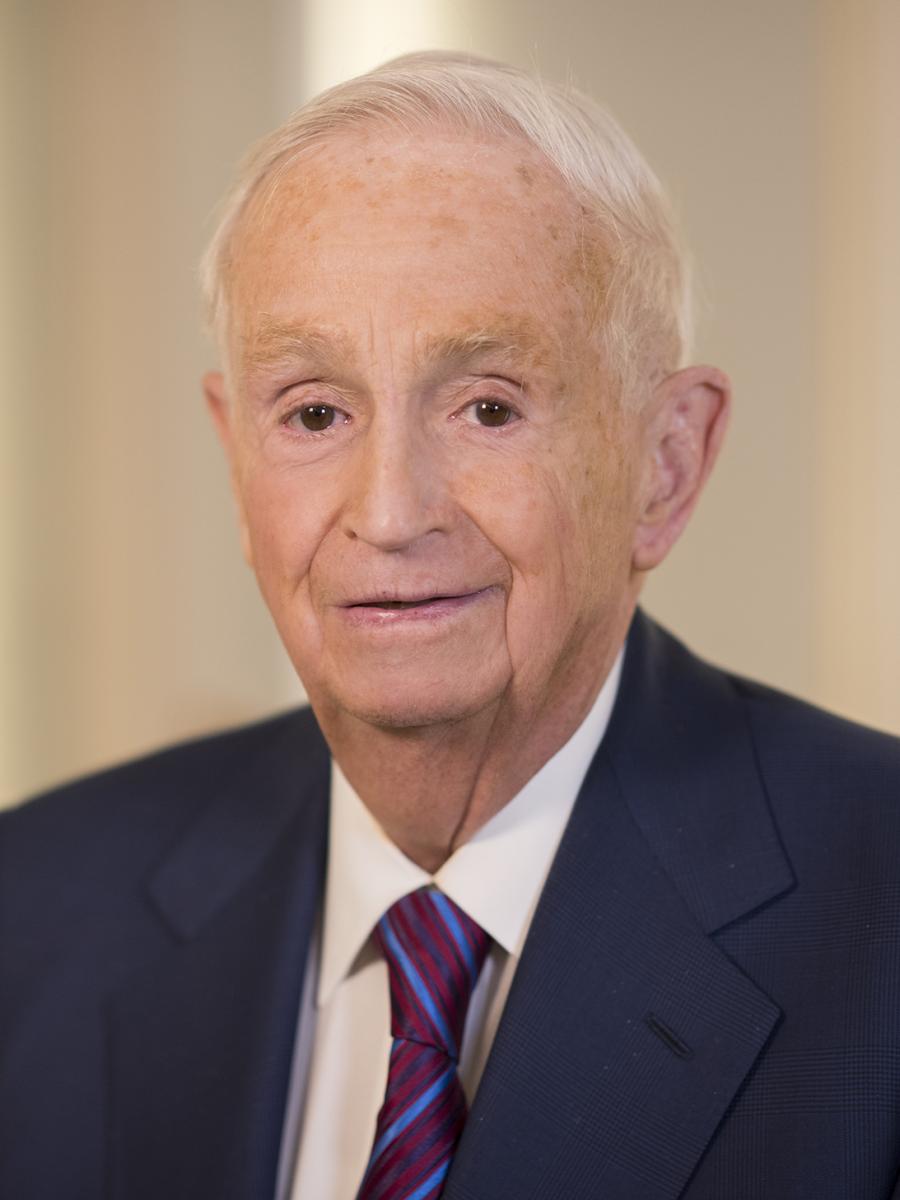 He is a trustee of the J Willard and Alice S Marriott Foundation. The family charity co-created a hospitality career development fund in Sorenson’s name.
He is a trustee of the J Willard and Alice S Marriott Foundation. The family charity co-created a hospitality career development fund in Sorenson’s name.
“Like me, David grew up in the hospitality business,” Bill Marriott said.
“While having Marriott as his last name opened the first door for him, he has proven throughout his 21 years with the company that he is a disciplined operator, a thoughtful collaborator with our owners and franchisees, and a passionate steward of our culture. The board will benefit from his experience and insights.”
Based in Bethesda, Maryland, Marriott International encompasses more than 7,600 properties under 30 leading brands spanning 133 countries and territories. Marriott also operates and franchises hotels and licenses vacation ownership resorts around the world.
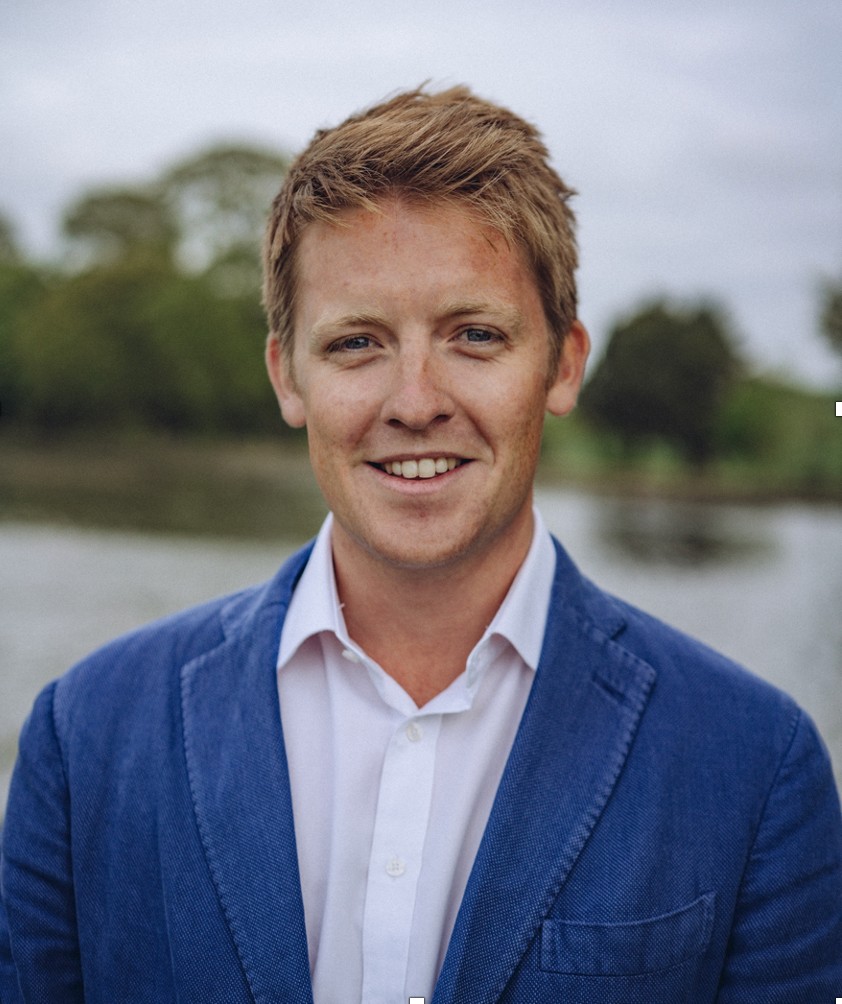 Grosvenor Estate appoints new family office head in management revamp
Grosvenor Estate appoints new family office head in management revamp
The Duke of Westminster says the new management structure of his family’s Grosvenor Estate, including a new family office head, will help shape long-term success in its commercial and social activities.
The Grosvenor Estate announced the promotion of Nicholas Dobbs, rural estates’ director, to the role of head of the Grosvenor Family Office from 1 April, reporting to Mark Preston, executive trustee and chief executive of the estate. The Grosvenor Family Office is responsible for the management and enhancement of environmentally sensitive habitats within the Grosvenor family’s rural estates and for supporting their philanthropic activities through the Westminster Foundation.
Chaired by Michael McLintock, a new investment committee was formed, comprising Grosvenor’s trustees, the newly created role of chief investment officer, the estate’s chief financial officer and two independent advisers. The committee will be responsible for capital allocation as well as for strategy and performance of the estate’s commercial activities in international urban property, food and agriculture and in financial investments.
Family principal Hugh Grosvenor (pictured above), 30, became the 7th Duke of Westminster upon the death of his father, Gerald Grosvenor (pictured left), aged 64 in 2016.
“These changes will help us shape our long-term success, building on our international growth of the past 50 years and meeting the many and varied challenges of the next 50,” the billionaire millennial aristocrat said.
“I am confident we will continue to adapt and change, as we have many times in the past, to make a sustainable and meaningful impact on the communities we support and work alongside.”
The duke personally gave £10 million ($13.8 million) in April 2020, following an initial donation of £2.5million ($3.4 million) in March 2020, to support the United Kingdom’s health service, medical research and development, and charities to help the country’s long-term recovery from the Covid-19 pandemic.


